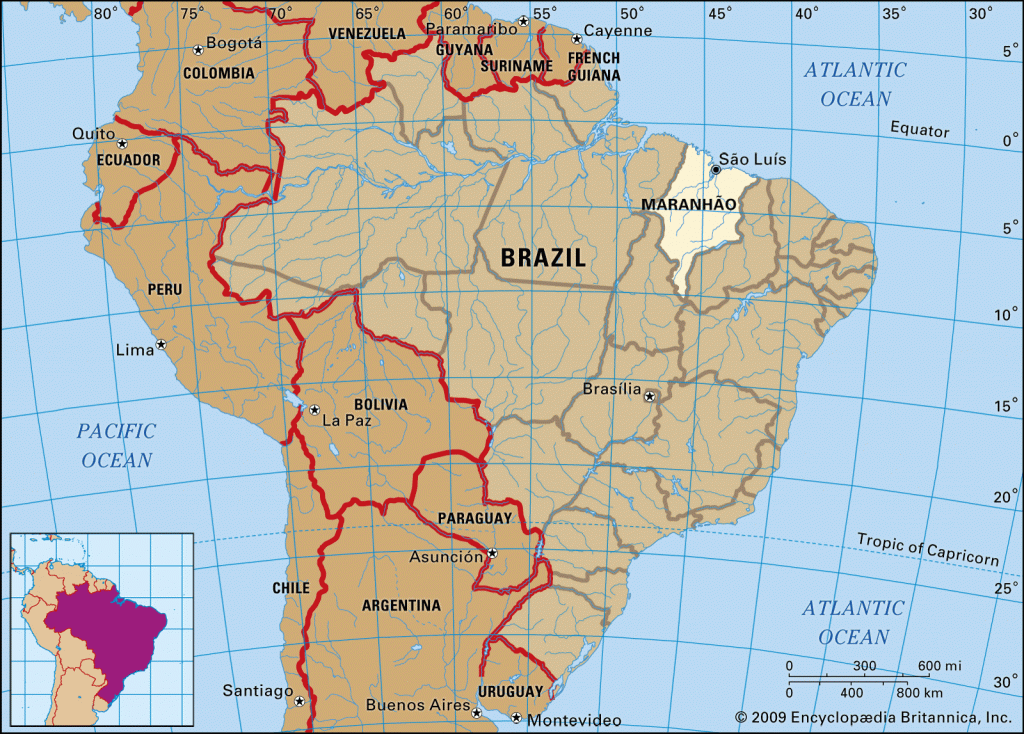RIO DE JANEIRO, BRAZIL – Although English is one of the most widely-spoken languages in the world, public education in Brazil does not have a well-defined policy for teaching the language.

While private bilingual schools are spread throughout the country, they are usually expensive and difficult to access. This is why the government of the state of Maranhão decided to innovate by implementing the first bilingual public school in Brazil.
The novelty is part of the goal of the great investment in education being made by its governor – Flávio Dino. In the state, teachers working 40 hours have had a salary floor of R$5,751 (US$1,440) since 2018, the country’s highest.
The implementation of the school will serve as a pilot project for Maranhão’s educational network, which is thinking of expanding the model and experience to other schools at a later stage.
According to the state secretary of education – Felipe Camarão: “Although the provision of primary education is not the responsibility of the state [municipalities cover primary schools], we will begin this experiment with the offer of bilingual education for the lower elementary grades, as this is the right time for literacy of children, including in a foreign language. It will be an unprecedented experment, an educational project in which we are working with great care, which may later serve as a model for other public networks and even for expansion in the state education network”.
The bilingual comprehensive school will be the exclusive responsibility of the state government and will seek advice from the American and British embassies. Currently, the team is visiting school buildings of the state public network to determine where it will be implemented.
Widely used in several countries, full-time education offers greater educational plurality, while making life easier for working parents.
Today, dozens of schools are already spread throughout Maranhão, which once again is showing Brazil that the public network must have quality and that “children of people who do not have the financial means to pay for a private school of this nature may also have this experience,” added the secretary.


